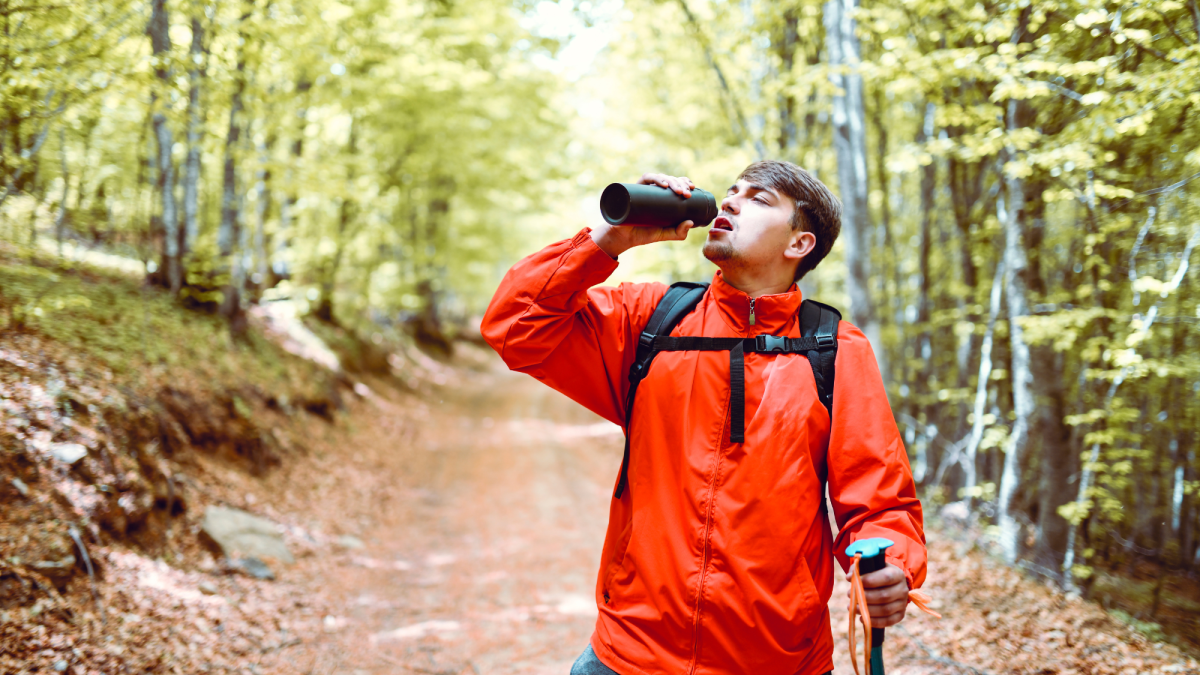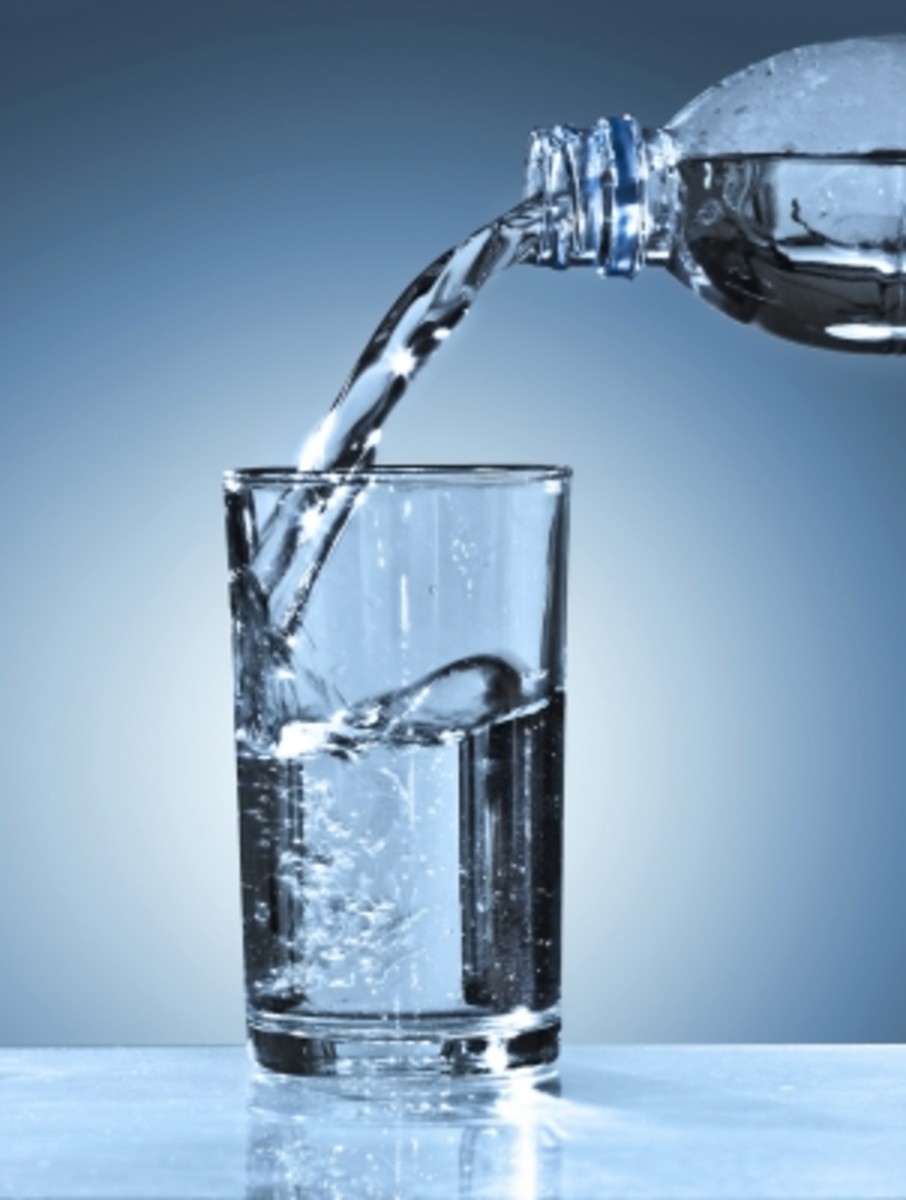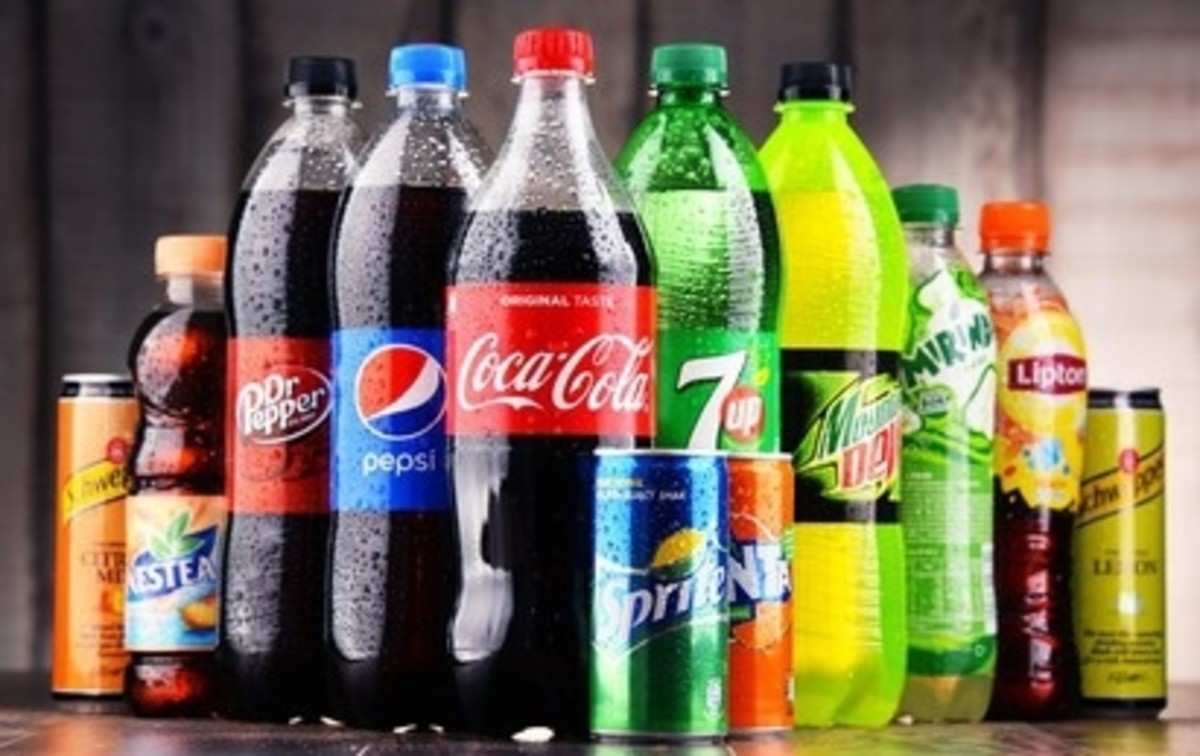Why is it Important to Drink Water?
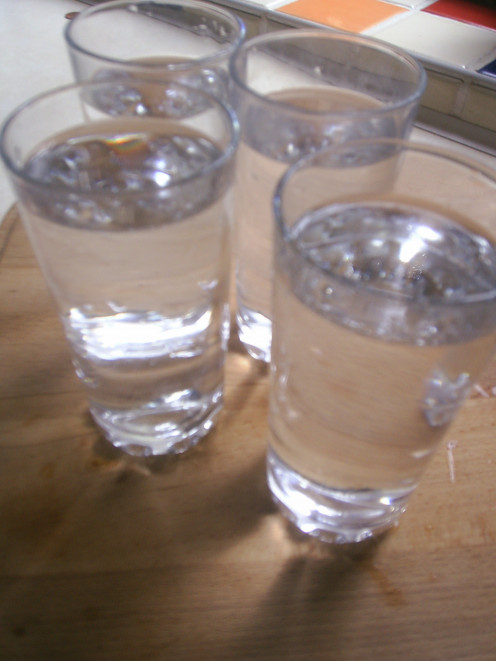
Water and our Bodies
Without water we wouldn't be able to survive. We are born with around 75% of water in our bodies. As we get older the percentage decreases, with men carrying between 60 to 65% and women 50 to 60%.
It helps with body function, forming molecules, transporting oxygen to cells and regulating temperature.
Water has its importance in regards to our health and well being. It helps us to function physically and mentally as around 90% of our brain is water. Not having enough makes us dehydrated leading to headaches, fatigue or further health problems.
How do You Become Dehydrated?
In everyday living the average person loses about 3-4 litres of fluid each day. We lose it through sweat, passing urine, bowel movements and exhaling air.
We can lose 1-2 litres of water just from breathing alone.
More water can be lost each day from sweating as a result of exercise, hot weather or a hot room, temperature, altitude or diarrhea.
How do I Know I am Dehydrated?
There are many ways to spot whether you are dehydrated or not.
Feelings of tiredness, fatigue and decreased concentration can be signs you need more fluid. Other symptoms may include:
- Headache
- Migraine
- Dark urine and decreased output
- Irregular blood pressure
- Muscle cramps
- Dry skin
- Dry mouth
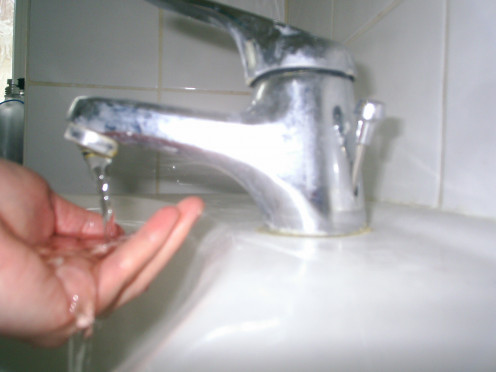
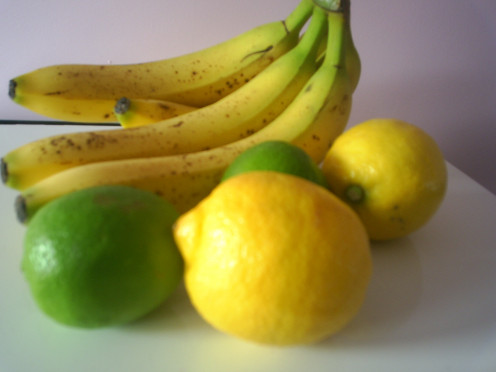
How Much Water do We Need?
Everyone is different, so the amount of we need to drink depends on the amount we have lost. The basic guideline suggests drinking 1.5 litres per day, taken steadily throughout the day. Having too much can dilute sodium levels which will deprive vital organs of the salt they need.This can have an effect on the heart, muscles and brain, resulting in problems with the way they function.
The symptoms of over hydrating are similar to those of being dehydrated so it is important to be aware of the amount we are consuming.
Ensuring we keep hydrated can be done in a number of ways.
Plain, clean and safe water is the best option, but other fluids incorporated in your daily intake all contribute.
These may be reduced sugar fruit cordials, herbal or fruit tea, hot water with sliced lemon, milk (of any variety), tea and coffee. Alcoholic beverages contain water but will leave you dehydrated.
Food which are liquid based or have high water content will top up on your fluids.Examples include:
- Soup
- Iceberg lettuce, cucumber, tomatoes
- Watercress
- Watermelon
- Citrus fruits
- Green vegetables
- Peaches, plums, nectarines
All food contains water but some have higher water content than others.
Why Keeping Hydrated is Important
- Your brain functions better, making you think clearer and more alert
- It improves fatigue and tiredness
- Decreases pain such as back pains and headaches
- Reduces constipation
- Aids digestion
- Cuts down the risk of urinary tract infections
- Minimizes kidney problems
- Regulates body temperature
- Improves metabolism
- Flushes away toxins
- Improves skin condition
Water and the Elderly
As we get older we may need to keep an eye on our fluid intake. Factors such as medication, changes in hormones or illness can make us dehydrated.
It is important to encourage the elderly to drink plenty of fluid to avoid dehydration. It can make them very tired, confused (especially if they contract a urine infection) and unwell.
If communication is difficult and they cannot tell you they are thirsty, look out for:
- A dry mouth
- Dry skin
- Dark or smelly urine
- Confusion (out of the ordinary)
- Wanting to drink when it is offered
Always offer water and other drinks and leave jugs of fresh water within reach.
Poll
Do You Make the Effort to Drink Plenty of Fluid?
Dehydration and Infants
Babies can be more sensitive to dehydration than adults so it is important to keep their fluid up.
Babies and young children may develop fever or illnesses such as colds which either lead them to dehydration, or be less willing to want to drink.
Vomiting and diarrhea also lead to dehydration.
Signs of Dehydration
- Dry skin and mouth
- Sunken fontanelle (the soft spot on top of the head)
- Drier nappies
- Dark urine
- Cold hands and feet
- Clammy skin
Try to offer your baby sips of water or their usual milk regularly. Also give them a hydration drink to replace lost salts.
Keep them in a cool room to avoid overheating and seek medical advice. A doctor can do a urine test to check the balance of sodium and potassium in the body.
For anyone with severe dehydration, a saline drip or nasogastric tube can be inserted in hospital to get fluid in the body. It replaces lost nutrients quicker than if it is taken orally.
© 2012 Emma Kisby

